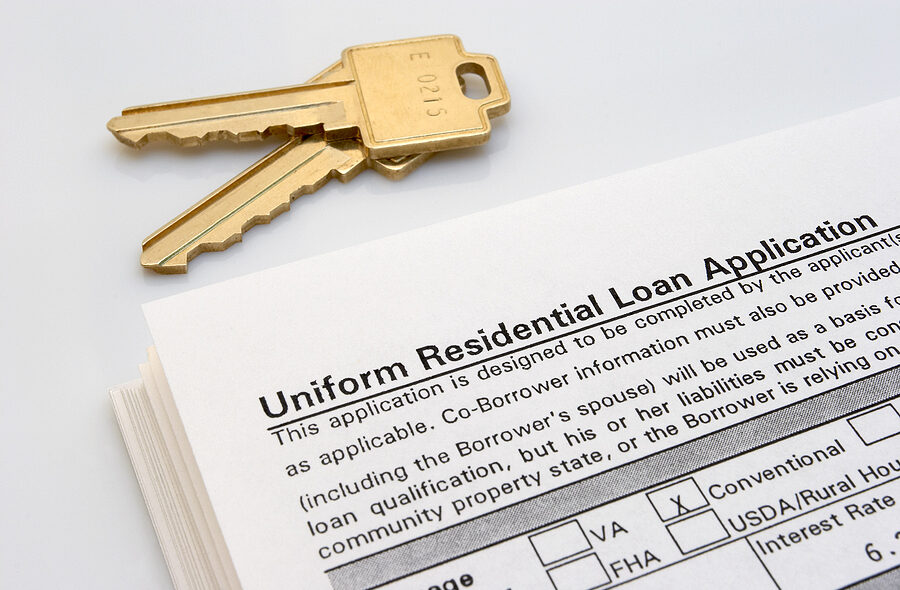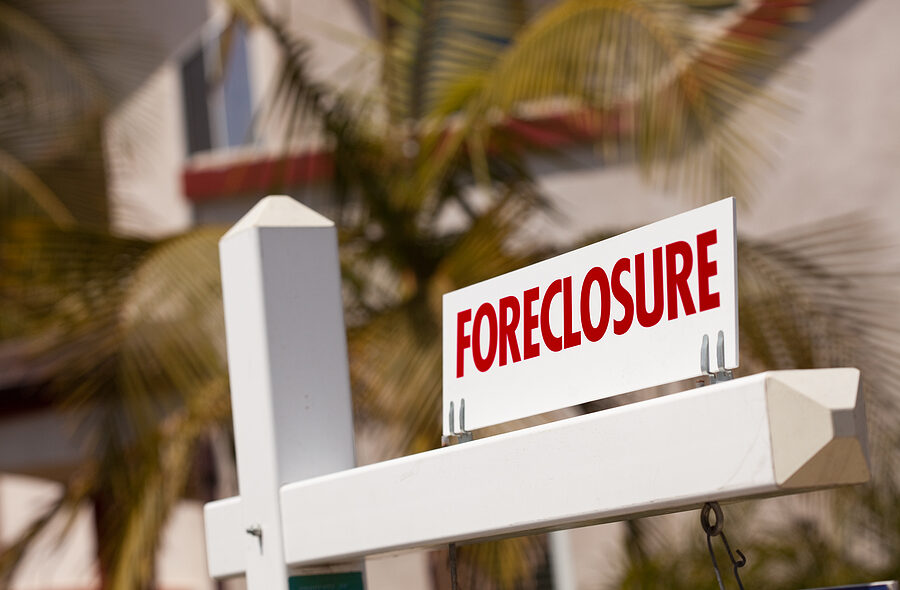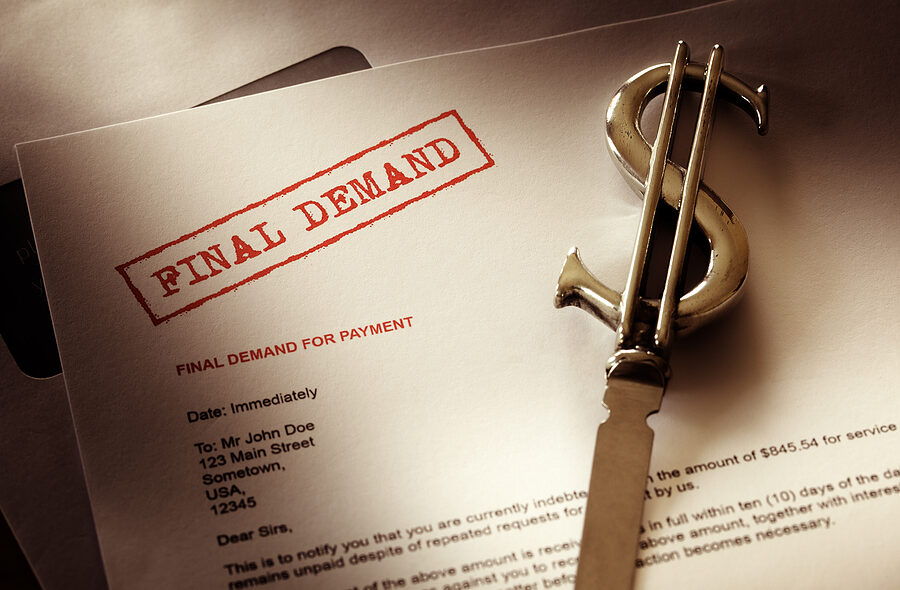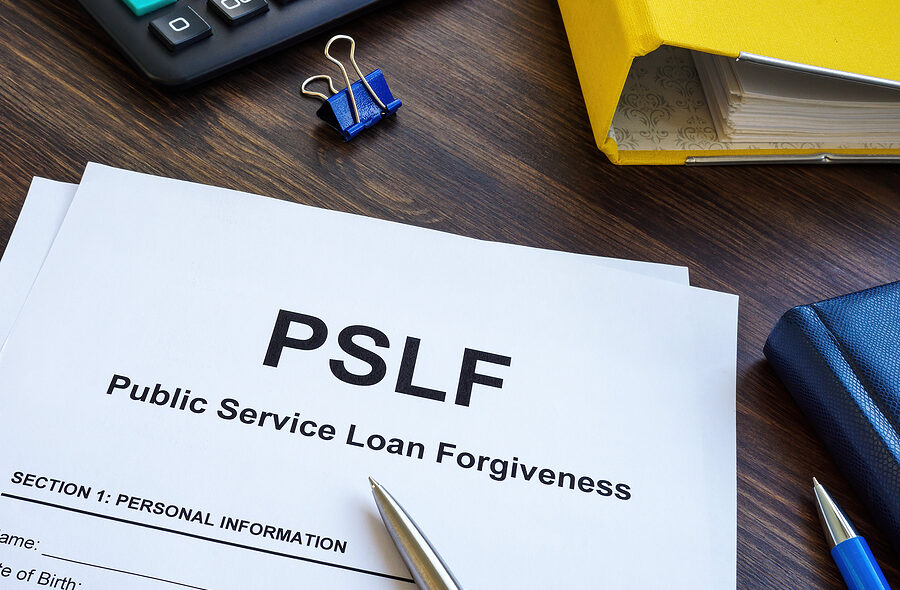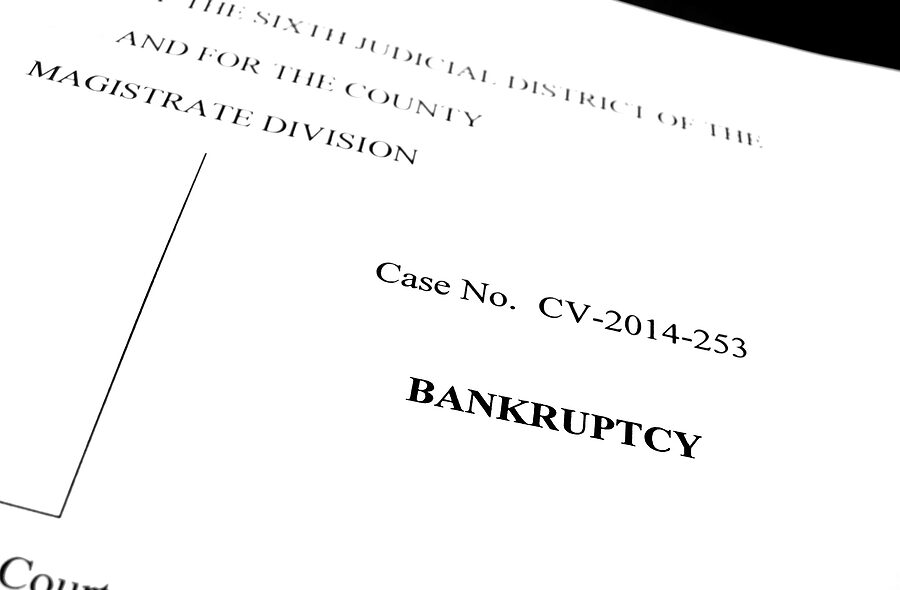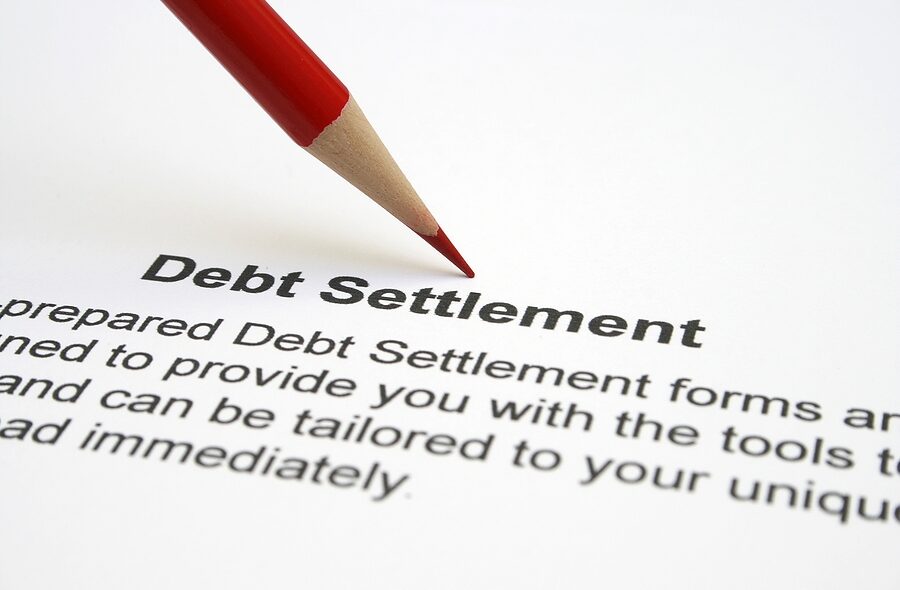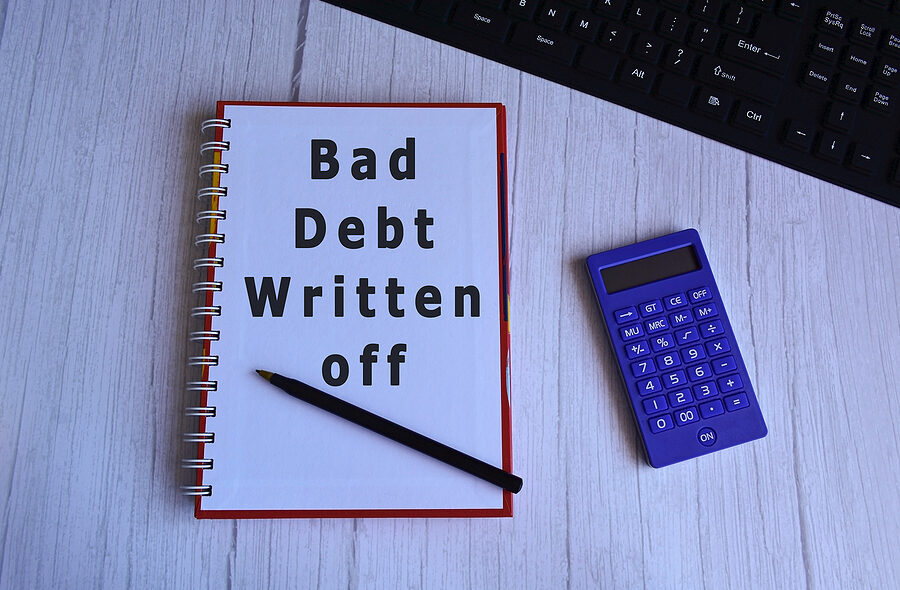Filing for bankruptcy is not an easy decision. But while filing for bankruptcy can be emotionally challenging, it is a relatively common option to choose. Annual bankruptcy filings totaled 452,990 in 2023, according to a report from the Administrative Office of the U.S. Courts — an increase of nearly 17% compared to 2022, when 387,721 bankruptcy cases were filed.
Oftentimes, it is easier to reestablish credit after filing bankruptcy, because you are essentially given a “clean slate.”
Here are 5 Tips for Getting a Home Equity Loan After Bankruptcy.
- Timing is everything. Depending on the type of bankruptcy filed, it is crucial to recognize that lenders typically become more willing to work with you as time passes. Be proactive about increasing your credit score after bankruptcy and lenders will view your financial situation more favorably.
- Rebuild your credit. After filing for bankruptcy, obtain a copy of your credit report to confirm that everything is accurate. Rebuilding your credit should be a top priority. That means paying your bills on time, reducing outstanding debts and using a secured credit card.
- Shop around. Home equity lenders have different requirements when it comes to lending ‘post-bankruptcy.’ It is in your best interest to take the time to research those lenders who offer terms that are most favorable to you. Compare interest rates, fees, terms and conditions of the loans.
- Consider a co-signer. A co-signer with a strong credit history can significantly increase your chances of being approved for a home equity loan following bankruptcy. When you add a co-signer to the loan you are essentially vouching that they will repay the loan if you are unable. However, it is important to recognize that co-signers are equally responsible for the loan, and any default can negatively impact that person’s credit.
- Highlight positive financial changes. When applying for a home loan after bankruptcy, it can be helpful to provide the lender with evidence of positive financial changes you have made since filing.
If you have questions on this topic or are in financial crisis and considering filing for bankruptcy, contact an experienced Miami bankruptcy attorney who can advise you of all of your options. As an experienced CPA as well as a proven bankruptcy lawyer, Timothy Kingcade knows how to help clients take full advantage of the bankruptcy laws to protect their assets and get successful results. Since 1996 Kingcade Garcia McMaken has been helping people from all walks of life build a better tomorrow. Our attorneys’ help thousands of people every year take advantage of their rights under bankruptcy protection to restart, rebuild and recover. The day you hire our firm, we will contact your creditors to stop the harassment. You can also find useful consumer information on the Kingcade Garcia McMaken website at www.miamibankruptcy.com.
SOURCE:
6 tips for getting a home equity loan after bankruptcy – CBS News

